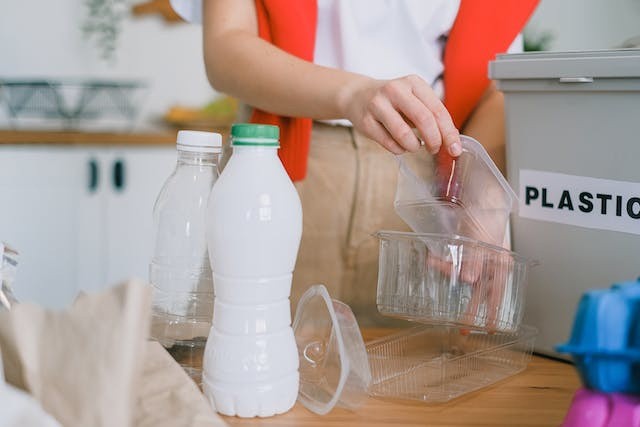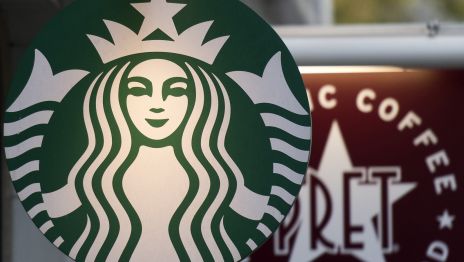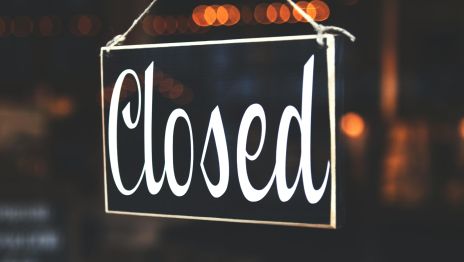
Unilever, a major consumer goods company, is expected to sell 53 billion single-use plastic sachets this year. Previously, the brand promised to cut its use of new plastics by half by 2025. However, at their current pace, they are likely to miss this goal by over ten years.
This situation has put Unilever under fire for not sticking to its environmental commitment, causing significant controversy over its product switch-up strategy.
Greenpeace Criticizes Unilever's Polluting Product Switch-Up Strategy
Unilever is facing criticism for selling many plastic sachets that harm the environment. According to Greenpeace International's research, in 2023, about 1,700 of these sachets are being sold every second.
Greenpeace studied reports from Unilever, the Ellen MacArthur Foundation, and Future Market Insights to understand Unilever's impact on the environment over time.
The company, based in Amsterdam, has talked a lot about its goals to help the environment. It plans to use less plastic, use better quality plastic, or not use plastic.
A recent article in The Guardian, based on a Greenpeace report, highlights severe concerns about Unilever's environmental impact. Nina Schrank from Greenpeace UK accuses Unilever of worsening the plastic pollution problem.
Despite brands like Dove claiming to be environmentally responsible, they produce an alarming amount of plastic waste. Unilever has been using plastic sachets for products like toothpaste and sauces since the 1980s, claiming they help lower-income customers.
However, these sachets are causing more harm than good, polluting beaches and waterways. Greenpeace's Marian Ledesma points out that every Dove sachet in these areas reflects poorly on Dove and Unilever.
Also Read: After 60 Years, Matheson Trucking and Affiliates Shutting Down Operations
Contrary to Unilever's Commitment to Reducing Plastics

The Unilever website noted that Unilever is actively progressing towards its significant goals for reducing plastic use. This process involves a multi-faceted approach: reducing overall plastic usage by creating lighter product packaging, promoting reusable and refillable options, and developing concentrated products that require less packaging.
In addition, they are focused on enhancing the recyclability of the plastics they use while increasing the use of recycled plastic in their products. A crucial part of their strategy is eliminating the need for new plastic by introducing refill stations and opting for alternative packaging materials like paper, glass, or aluminum.
These combined efforts have resulted in a 13% reduction in Unilever's use of new plastic since 2019.
However, Greenpeace South East Asia and Greenpeace UK study showed Dove's sachet waste littering beaches and rivers in the Philippines and Indonesia. The report also examined how well Unilever is meeting its plastic goals and moving from single-use plastic to reusable options, finding slow progress.
Unilever's plastic production increased from 500,000 tonnes in 2017 to 713,000 tonnes in 2021, with a slight decrease to 698,000 tonnes in 2022. The research indicates that Unilever would not meet its goal of halving new plastic use until at least 2034 despite promising to achieve this by 2025.
Currently, only 0.2% of Unilever's packaging is reusable, and the company has not set a specific target for reusing materials.
Related Article: Holiday Shock: Major Mall Chain Declares Bankruptcy Amidst $2 Billion Crisis















